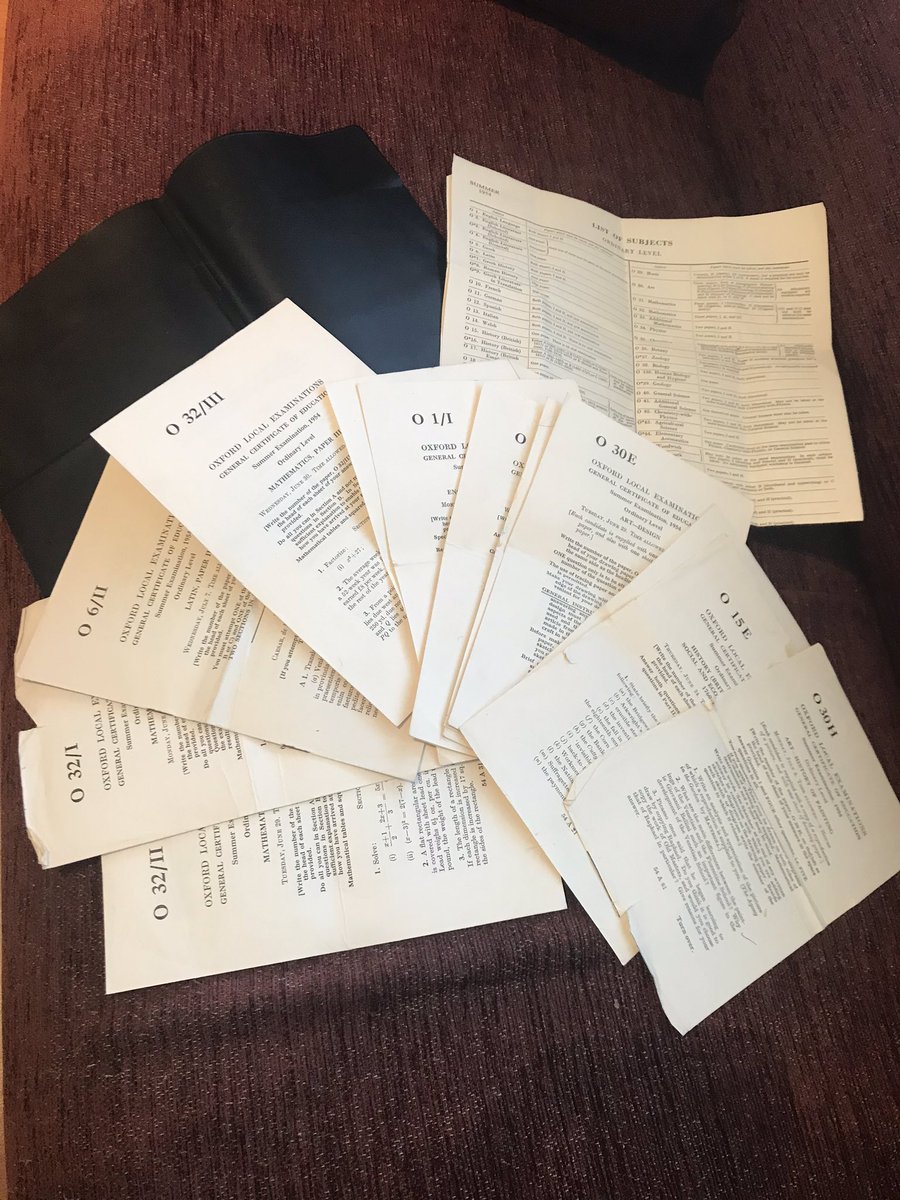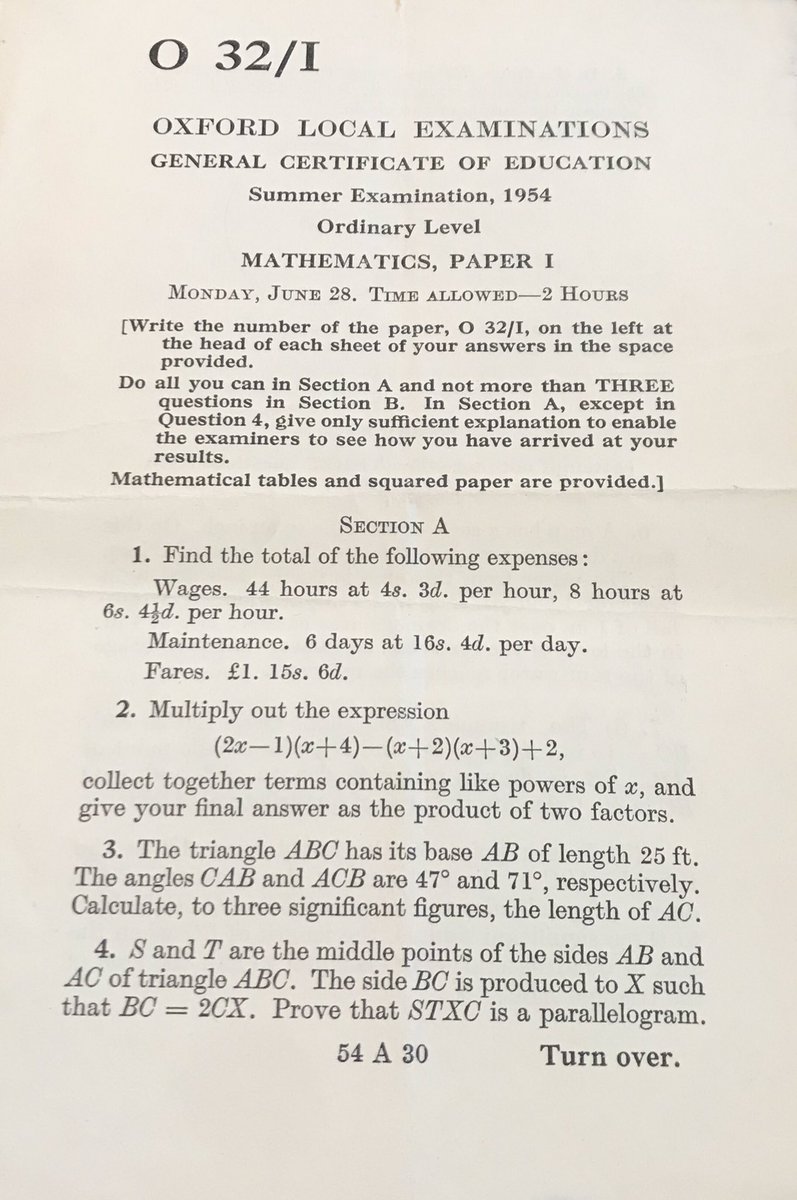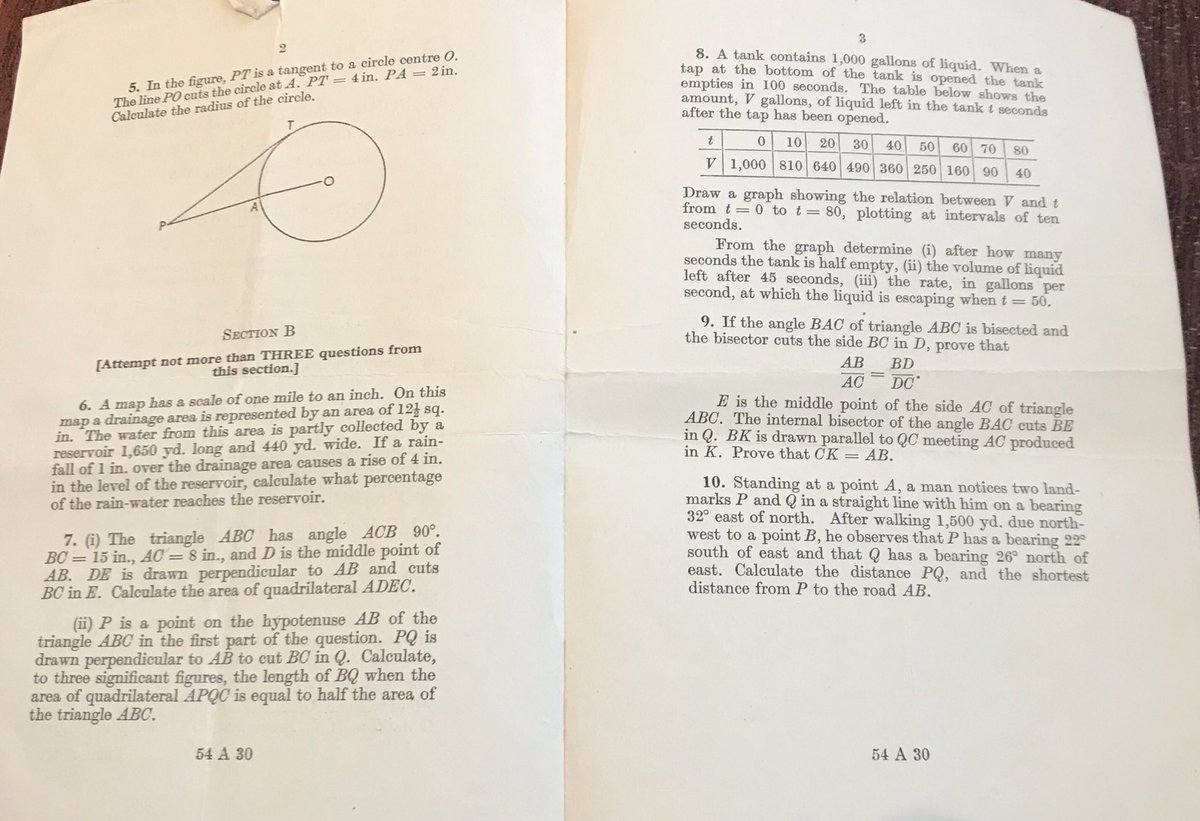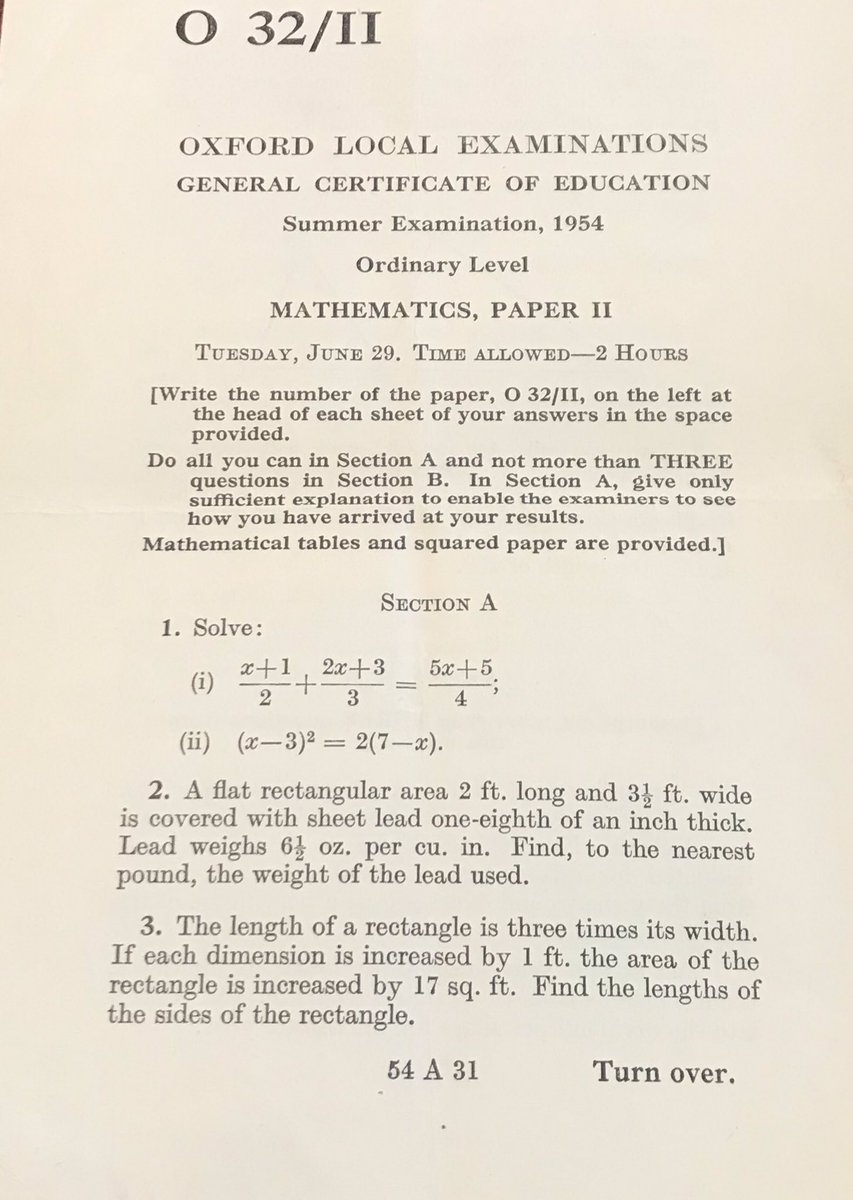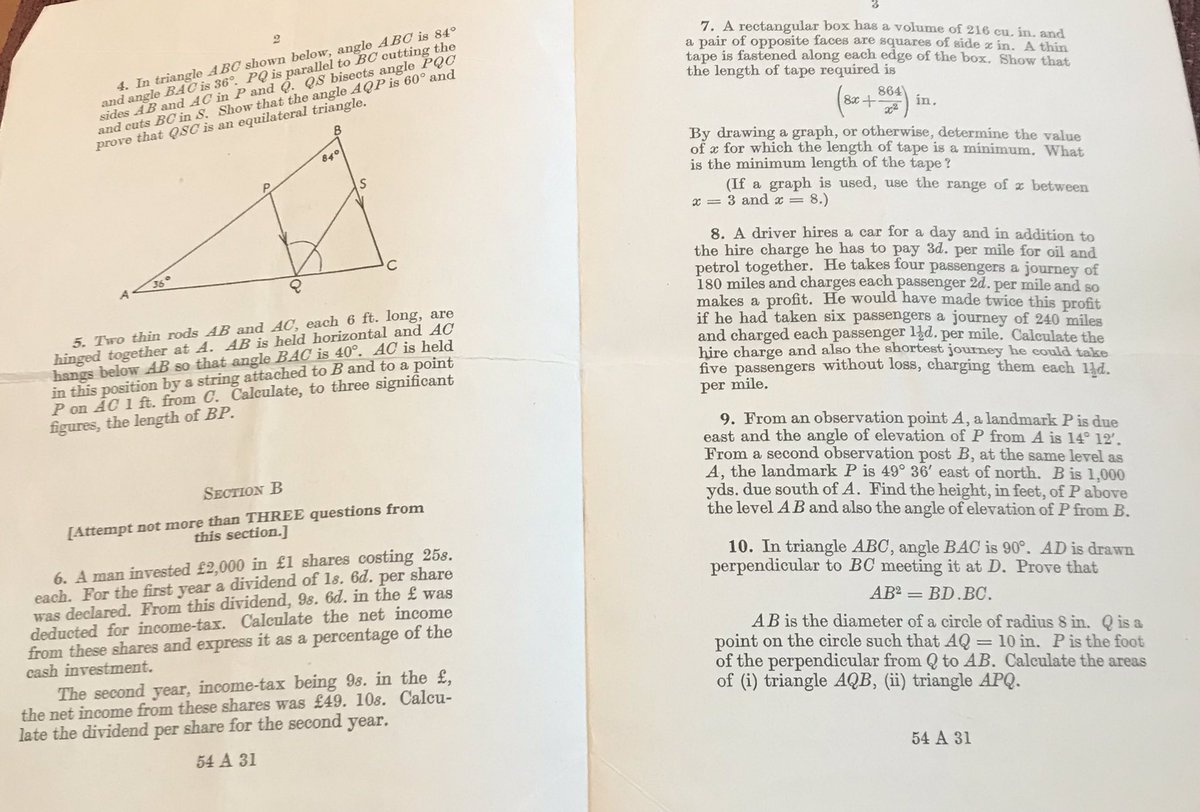A 🧵 of my #rEDBerks presentation on the tensions between research and practice from the PoV of an actual, tired, real-life Headteacher. @rEDBerks
My preamble: don’t be deceived - I’m pro-research, honest. I just think we need to apply criticality and hold our views lightly. 1/
My preamble: don’t be deceived - I’m pro-research, honest. I just think we need to apply criticality and hold our views lightly. 1/

Massive leaps forward as a profession. Much to celebrate. Summarised beautifully by @joe__kirby in this blog from last year pragmaticreform.wordpress.com/2021/08/28/sci…
Also, best long term bet, clear moral imperative and a move away from ‘folk teaching’. All good. 2/
Also, best long term bet, clear moral imperative and a move away from ‘folk teaching’. All good. 2/

But beware.. distortions, cargo cults, over reach, not value-free, slavish application.. perhaps we get a bit star struck with research & forget to exercise caution?
Does the research respect your context? Has it been tested in a similar context?
A persistent tension😬 3/
Does the research respect your context? Has it been tested in a similar context?
A persistent tension😬 3/

Research reveals new insights.. so be mindful of what we perceive as truth or received wisdom.
Kraft & Papay eg below👇 Shout out to @Barker_J for sharing it at #rEDBrum
The teacher plateau we all know to be true? Turns out.. perhaps not true. 🤯 4/
scholar.harvard.edu/mkraft/publica…
Kraft & Papay eg below👇 Shout out to @Barker_J for sharing it at #rEDBrum
The teacher plateau we all know to be true? Turns out.. perhaps not true. 🤯 4/
scholar.harvard.edu/mkraft/publica…
Are we seeking empirical answers to philosophical questions?
Eg ‘What is learning?’
Should we reduce this Q to something merely scientific? Or is this a far bigger question than can be answered with the simple model of memory that’s everywhere these days?
Buy this book👇
5/
Eg ‘What is learning?’
Should we reduce this Q to something merely scientific? Or is this a far bigger question than can be answered with the simple model of memory that’s everywhere these days?
Buy this book👇
5/

Also.. things change. What might we be applying now that we’ll laugh at in 20 years? Research keeps shedding new light… what’s the next big thing in education?
Read this book👇by @profbeckyallen @head_teach and @Waldenkent
6/
Read this book👇by @profbeckyallen @head_teach and @Waldenkent
6/

Exercise caution and develop criticality…
Try thatsaclaim.org to help you.
Hold ideas lightly. Beware ‘expert’ opinions (is it research or just masquerading as research?).
Be like Burr.. wait and see what way the wind will blow (one for the Ham fans there 😁).
7/
Try thatsaclaim.org to help you.
Hold ideas lightly. Beware ‘expert’ opinions (is it research or just masquerading as research?).
Be like Burr.. wait and see what way the wind will blow (one for the Ham fans there 😁).
7/

And don’t get caught up in the fidelity fallacy. No theory survives contact with reality. Fidelity isn’t possible.. instead make context king.
EEF Implementation Guide👇..we love it, right?
Ever applied it with fidelity in real life? Erm.. no.
You know what? That’s okay. 8/
EEF Implementation Guide👇..we love it, right?
Ever applied it with fidelity in real life? Erm.. no.
You know what? That’s okay. 8/

Kick ideas around. Tinker with them.
Knowledge of your context, your school, is just as important. It’s the site of most interest.
With thanks to @_Esther_Gray and this👇blog esthergray.co.uk/2022/04/24/the…
9/
Knowledge of your context, your school, is just as important. It’s the site of most interest.
With thanks to @_Esther_Gray and this👇blog esthergray.co.uk/2022/04/24/the…
9/

So great that @researchED1 provides a forum for a mature, nuanced & sensitive debate around research & evidence. This is clear from many sessions I saw at #rEDBerks and #rEDBrum and #rEDWarr.
Positive, pluralistic, optimistic.
A privilege to be part of it.
10/10 🧵 ends. 😁
Positive, pluralistic, optimistic.
A privilege to be part of it.
10/10 🧵 ends. 😁

• • •
Missing some Tweet in this thread? You can try to
force a refresh



